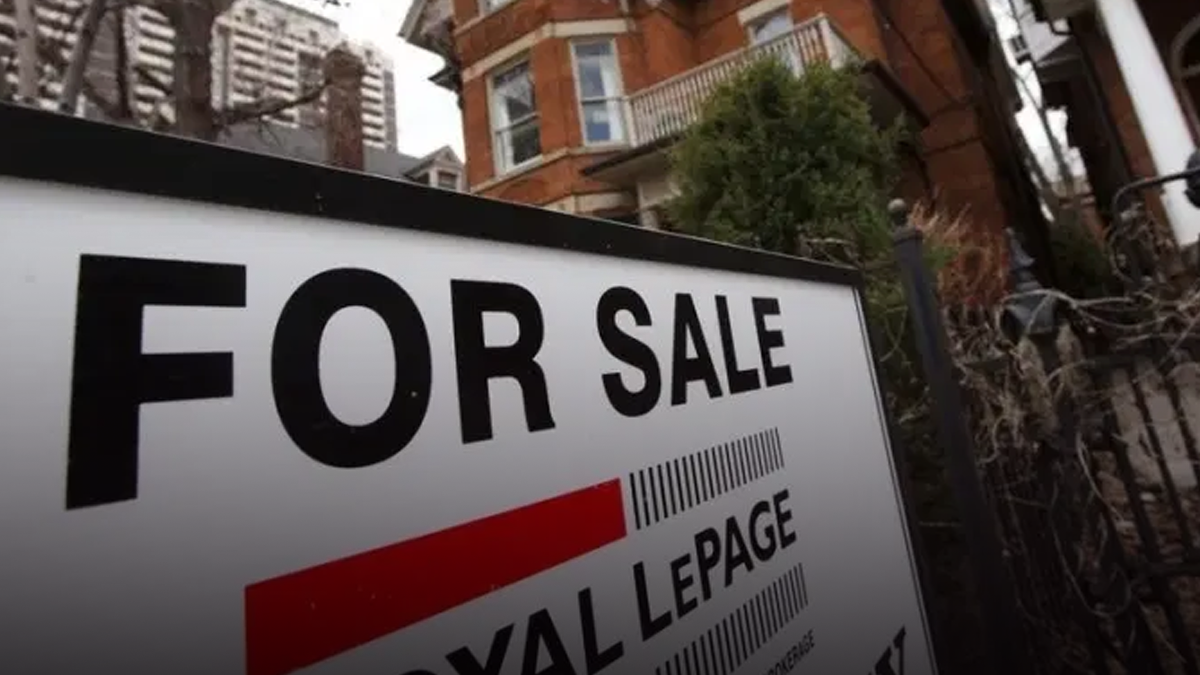Earlier this week, Conservative leadership candidate Peter MacKay announced a campaign promise to, if elected, lift the cap on RRSP withdrawals for first-time homebuyers, allowing Canadians to access their savings more easily for a mortgage down payment. However, this pledge neglected to address a core problem of home ownership in this country: rising house costs.
If Conservatives want to get serious about addressing affordability issues in the Canadian real estate market, they should address an often ignored problem which is pricing families out of the market: foreign home-buyers.
Over the last decade, Canadian house prices in urban centres have seen significant increases. as foreign investment, mostly from countries like China, has flown into Canada. For example, since 2009, residential property sale costs have increased by 106% in Vancouver and 108% in Toronto. Meanwhile, over $2.46 billion have been invested in Canadian real estate from 2003-2018 from the Asia-Pacific region alone. This comes at the same time that land constraints in these urban centres, combined with a growing population, has already placed additional pressure on the Canadian real estate market, further causing price increases.
The predominant problem with this form of foreign investment is it risks leaving properties vacant at a time when Canadians need access to affordable housing, reducing needed-housing to speculative investments.
One study from the University of Calgary has indicated that foreign investors are more likely to engage in purchasing residential property for future resale purposes – sometimes leaving the properties vacant as they wait to resell – reducing the number of properties available in these markets. This reduces the supply, drives up costs, and thereby contributes to deteriorating affordability.
Foreign investment in real estate is not a problem that is going unnoticed, either domestically or abroad. Financial industry leaders, including the Chief Executive Officer of the Royal Bank of Canada, has recently called on the federal government to monitor and regulate foreign direct investment into the domestic real estate market. Then-BC Premier Christy Clark began to introduce reforms on the issue in 2016, including enabling the City of Vancouver to charge an additional tax on foreign-owned vacant properties sold in Vancouver. Even Justin Trudeau alluded to the possibility of introducing a tax on the federal level during the last election, though – as to be expected – there has been little movement on that since.
Internationally, other countries have already taken steps to restrict foreign investment in their residential real estate market. For example, Australia has permitted foreign investors and temporary residents to only purchase new residential property or vacant residential land; the latter which can encourage the construction of new properties and therefore increase the housing stock. In the United Kingdom, while campaigning for re-election, Prime Minister Boris Johnson’s Conservatives pledged to require foreign-buyers to pay an additional tax on home purchasers than domestic buyers, which is projected to raise £120m in revenues which is intended to be redistributed to address problems of affordability in the country. And, ironically enough, China – where a majority of our foreign housing investment comes from – restricts foreigners from purchasing more than one home or residential unit on their mainland.
Conservatives may be concerned about some political repercussions of addressing this issue, as many existing home-owners likely enjoy the value of their property increasing due to the investment from foreign nationals.
But if Conservatives are serious about making housing affordability more accessible in this country – which they should be – then it’s time to tackle foreign-owners, whether through a more punitive tax treatment, or even restricting them from buying existing properties to begin with.
Canadians would be better off as a result.
